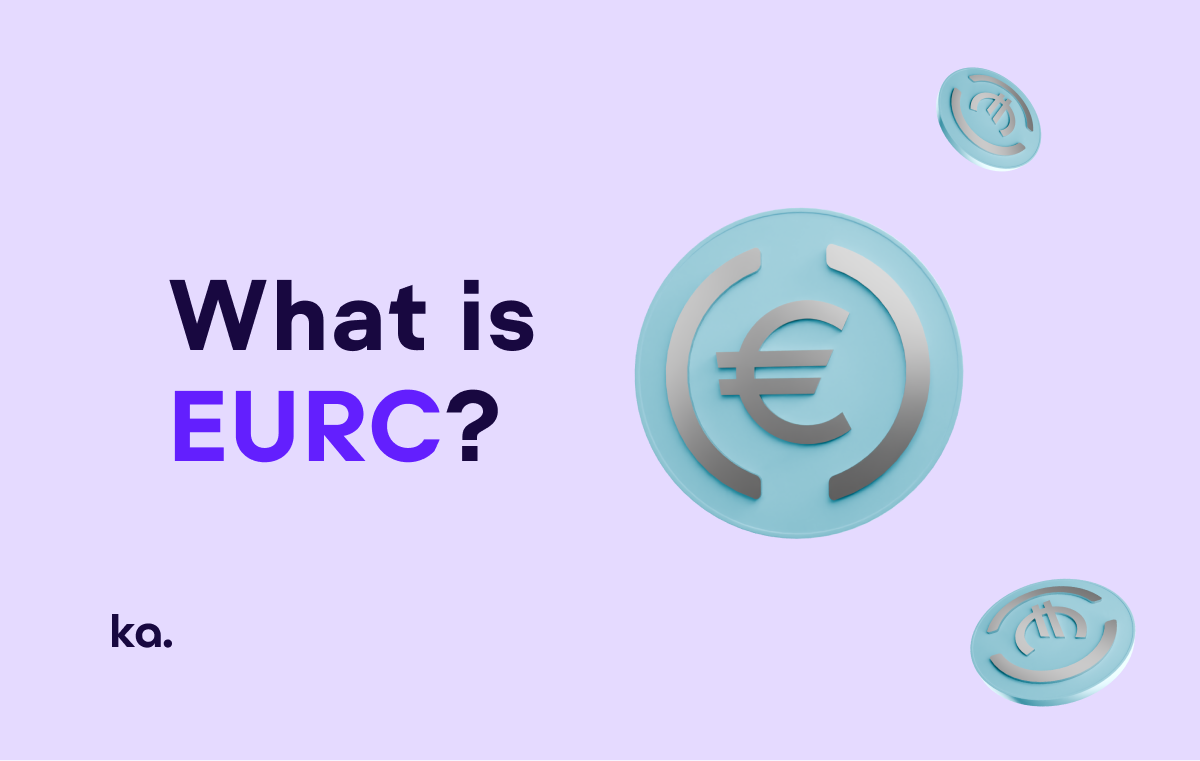
Bitcoin and Ethereum are the two largest cryptocurrencies by market capitalization, and also the most popular cryptocurrencies in the world. In fact, many individuals and businesses already use Bitcoin and Ethereum for peer-to-peer crypto and daily transactions, including remittances, splitting bills, shopping, dining, and more.
Despite being both digital currencies though, Bitcoin and Ethereum have many similarities and differences with regards to their underlying technology, use cases, transaction speed, and goals. In this article, we’ll discuss Bitcoin vs. Ethereum to also give you more information in case you’re interested to convert BTC to ETH or vice versa.
Bitcoin vs. Ethereum: The Similarities
Bitcoin and Ethereum share several similarities, such as the following:
1. Decentralization
Bitcoin and Ethereum are decentralized networks, meaning they are not controlled by any central authority. Users have full control over their assets and transactions, and their networks can be considered more secure and transparent.
2. Blockchain Technology
Both cryptocurrencies utilize blockchain technology, which is a decentralized ledger that records all transactions on the network. This technology makes it virtually impossible for anyone to tamper with or falsify transactions, ensuring the integrity and security of the network.
3. Use of smart contracts
Both cryptocurrencies allow for the creation and execution of smart contracts, which are self-executing agreements with the terms of the agreement directly written into lines of code.
4. Proof of Work Mechanism
Initially, both Bitcoin and Ethereum used the Proof of Work (PoW) consensus mechanism to validate transactions and add blocks to the blockchain. In a PoW system, nodes (also known as miners) compete to solve a complex mathematical puzzle to add a block to the blockchain. The node that first solves the puzzle adds the block to the blockchain and is rewarded with a certain amount of cryptocurrency.
PoW serves two purposes: to secure the network against malicious attacks by requiring substantial computational effort to add blocks and to prevent double-spending by ensuring that a block cannot be added to the blockchain more than once.
5. Scripting Functionality
Both cryptocurrencies support some form of scripting functionality that can be used to automate transactions and enforce certain conditions
6. Limited Supply
Bitcoin and Ethereum have a limited token supply. Bitcoin has a maximum of 21 million coins, while Ethereum has a maximum of 18 million Ether.
Bitcoin vs. Ethereum: The Differences
On the other hand, Bitcoin and Ethereum have some key differences, including the following:
1. Purpose
While Bitcoin was created as a digital currency to replace cash (a.k.a. fiat currencies) during the Great Recession in 2008, Ethereum was created as a platform for decentralized applications and smart contracts. Therefore, Ethereum has a broader initial use case than Bitcoin and can be used to build a variety of decentralized applications.
2. Token
Bitcoin has a single token, known as Bitcoin, while Ethereum has two tokens: Ether (ETH) and Gas. Ether is used to pay for transactions and computational services on the network, while Gas is used to incentivize miners to process transactions and execute smart contracts.
3. Mining
Bitcoin uses a proof-of-work (PoW) consensus algorithm to validate transactions and add new blocks to the blockchain. Ethereum is currently in the process of transitioning from PoW to a proof-of-stake (PoS) consensus algorithm, which is more energy-efficient and less susceptible to centralization.
4. Scalability
Ethereum has been designed with scalability in mind and has implemented several solutions to increase its scalability, such as sharding. Bitcoin, on the other hand, faces scalability challenges that limit its ability to handle a large number of transactions.
Currently, the maximum number of transactions that the Bitcoin network can handle per second is limited to around 7 to 10 transactions. This is due to a combination of technical constraints, such as the block size limit, and the computational effort required to validate transactions and add blocks to the blockchain.
5. Programmability
Bitcoin was designed primarily as a digital currency and has limited programmability. It supports basic scripting functionality through its scripting language, but it is limited and not well-suited for developing complex decentralized applications.
On the other hand, Ethereum was designed to be a more programmable blockchain that can support decentralized applications and smart contracts. Ethereum's blockchain includes a Turing-complete programming language, which allows developers to build and deploy a wide range of decentralized applications on the Ethereum network.
The Bottom Line
Bitcoin and Ethereum may share some similarities, yet they are fundamentally different cryptocurrencies with different initial purposes and use cases. While Bitcoin is primarily used as a digital currency, Ethereum is a platform for decentralized applications and smart contracts. Regardless of these differences though, both cryptocurrencies have seen significant growth and adoption over the past few years, and it will be interesting to see how they evolve in the future.
Finally, if you’re interested to transfer Bitcoin or Ethereum to a friend, we encourage you to use the best crypto app for beginners. The app allows you to send and receive crypto for free with other app users, swap crypto, stake KASTA tokens, and more.
FAQ
Do you accept Bitcoin and Ethereum in Ka.app?
Yes. You can send, receive, deposit, withdraw, and swap both Bitcoin and Ethereum using Ka.app.
How can I swap BTC for ETH or vice versa?
In Ka.app, you can directly swap BTC for ETH in just a few taps. Read this blog post for the step-by-step guide.
Which is a better investment - Bitcoin or Ethereum?
It depends on why you want to invest in either of them. Also, the crypto market is highly volatile so we do not provide any investment advice or recommendations.












